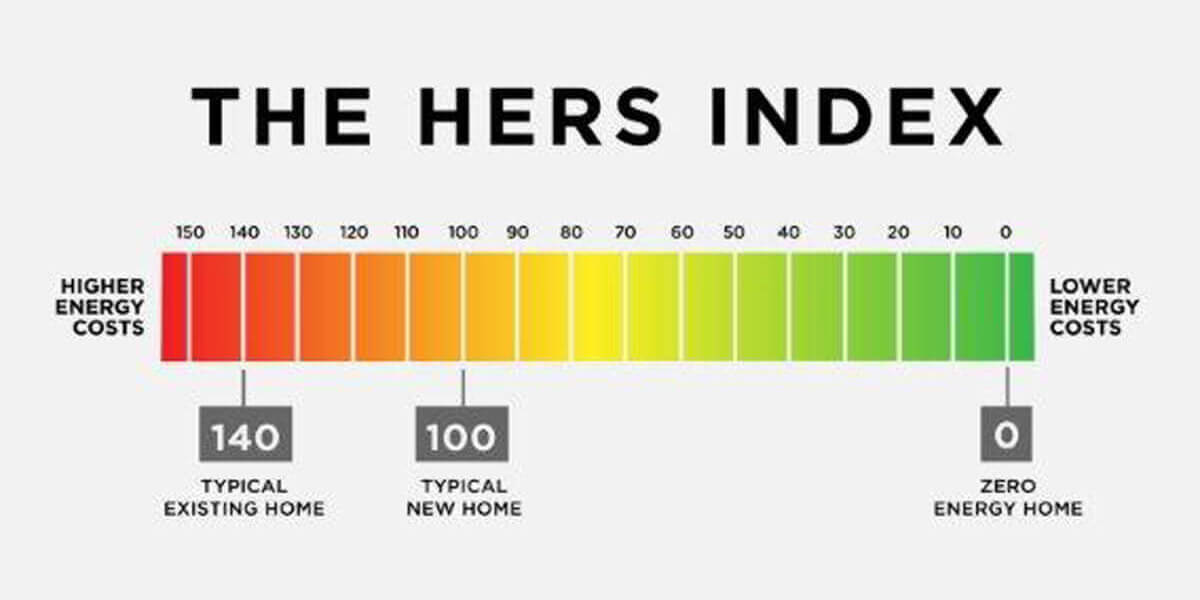At Dolphin, we’re always researching the latest news in energy efficiency, as well as finding ways to make ourselves – and the homeowner – more enegry efficient. We think it’s important stay up-to-date and educated about energy changes in every industry.
The 65 commercially operating nuclear power plants in the United States will soon lessen to 64. The Vermont Yankee Nuclear Power Station is closing, but the fight over details is just beginning. The announced closing pleases the local nuclear critics, but the plant’s supporters mourn a lost battle. Both sides are currently debating how much time the owners should be given to dismantle the state’s only nuclear reactor.

Many Vermont locals believe themselves to be against the plant, but say that they cannot feel fully content with their win. The plant accounted for 71.8% of all energy created in Vermont in 2008, and provided 35% of the state’s power.
Not only is the plant highly effective, but it also employs 630 workers. From Governor Peter Shumlin to Jerry Goldberg, the executive director of the Brattleboro Chamber of Commerce, Vermont’s first order of business is helping these 630 people find new employment opportunities by next October.
Jerry Goldberg acknowledged how the plant shaped the surrounding community. Regarding the upcoming changes, Goldberg believes that “replacing [the plant’s influence] isn’t the right word. [He thinks] it’s reinterpreting how [the] community works.” The removal of the plant will force surrounding towns to reshape their identities.
The community continues to argue over the plant’s decommissioning. Elected officials in Vermont predict a fight over the process by which the reactor components are cooled and removed. After this decommissioning, the nuclear site is theoretically restored to its pre-nuclear state.
Restoring the site is no short process. Entergy CEO Leo Denault said that the federal Nuclear Regulatory Commission plans to place the closed plant in “safe-store.” This means that federal regulations allow the site to be dismantled, then untouched and unchanged for up to 60 years while its radioactive components cool. With this plan, the surrounding communities will not see any change in the plant’s appearance any time soon.
On the other side of the argument, Senator Bernie Sanders believes that “Entergy must go through a decommissioning process as soon as possible,” rather than sitting on the plant for 60 years. Both Sanders and Senator Patrick Leahy want the plant to be dismantled as soon as possible.
The plant’s initial 40-year federal license expired in March of 2012, and since then there has been an ongoing debate about its future. The Vermont Senate voted 26-4 against continued operation back in 2010, and this vote is now carrying through. Entergy fought back against the votes, stating that the vote reflected a concern for safety, which is solely controlled by the NRC. After a long fight, the Vermont Yankee nuclear plant will cease to generate power.
Vermont responds to this anticipated nuclear energy loss by preparing and spreading other fuel options, such as natural gas. The plant will close, but energy efficient options will increase.















